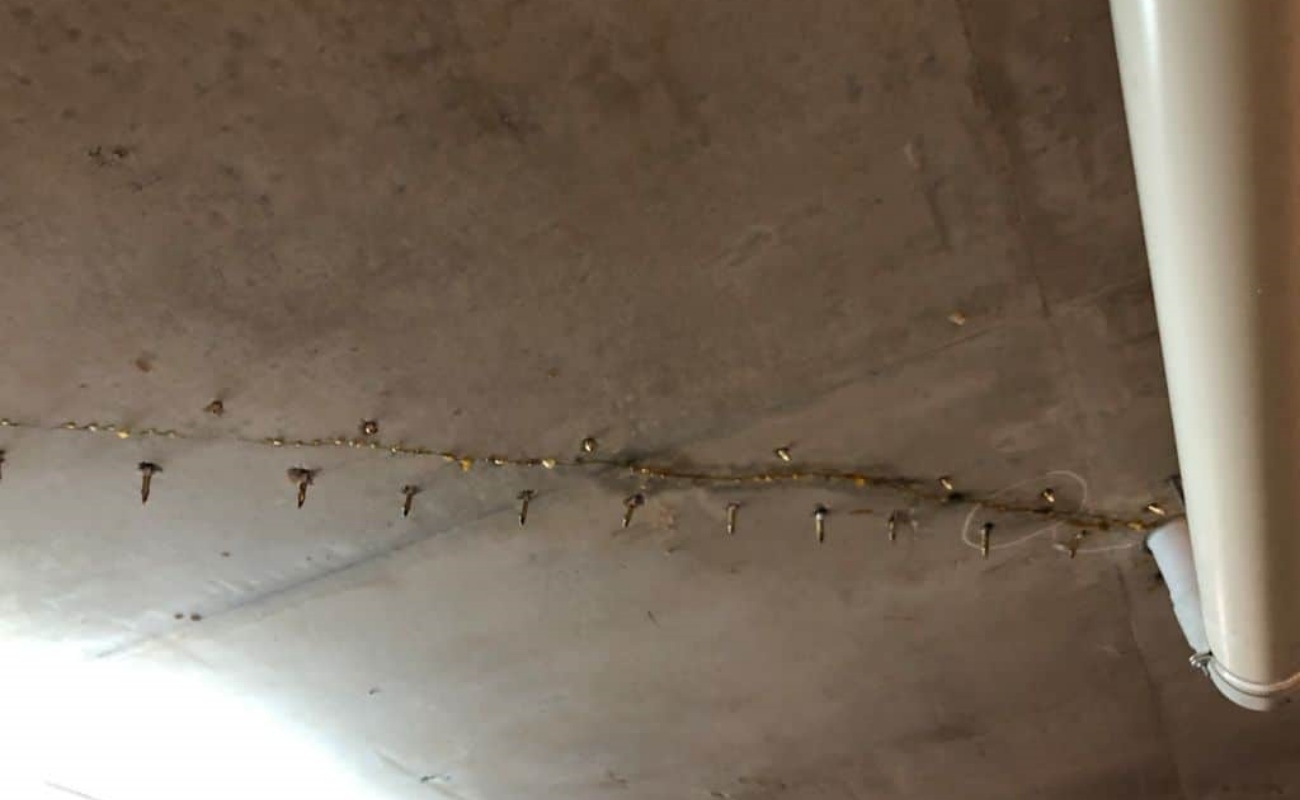Exploring the Applications of Waterproof Coatings
Jan 02, 2025
Waterproof coatings are a remarkable innovation that has revolutionized various industries by providing protection against water damage. These coatings are designed to form a barrier, preventing water penetration and ensuring the longevity and durability of structures. In this blog post, we will delve into the diverse applications of waterproof coatings and highlight their significance in different fields.
1. Construction Industry:
Waterproof coatings find extensive use in the construction industry. They are applied to various surfaces, including roofs, walls, foundations, and basements, to prevent water intrusion. By creating a waterproof barrier, these coatings protect buildings from moisture-related issues such as mold, mildew, and structural deterioration. Moreover, waterproof coatings enhance thermal insulation, leading to energy efficiency and reduced utility costs.
2. Automotive Sector:
Waterproof coatings play a crucial role in the automotive industry. They are applied to car exteriors to protect against corrosion caused by exposure to rain, snow, and other environmental elements. These coatings create a protective layer that safeguards the vehicle's surface, preventing rust and preserving its aesthetic appeal. Additionally, waterproof coatings are used for sealing automotive windows and windshields to ensure water-tightness and improve visibility during rainy conditions.
3. Marine Applications:
In the maritime industry, waterproof coatings are vital for protecting vessels and marine structures from the corrosive effects of saltwater. Coatings applied to ship hulls prevent the accumulation of algae, barnacles, and other marine organisms, reducing the drag and improving fuel efficiency. Similarly, waterproof coatings are applied to offshore platforms, docks, and piers to prevent corrosion caused by constant exposure to water and harsh weather conditions.
4. Electronics and Electrical Industry:
Waterproof coatings find extensive use in electronic devices and electrical systems. These coatings are applied to circuit boards, connectors, and other components to protect against water damage, moisture, and dust ingress. Waterproof coatings help increase the lifespan of electronic devices, ensure reliable performance, and prevent short circuits.
5. Infrastructure and Pipeline Protection:
Waterproof coatings are essential for the maintenance and preservation of infrastructure, such as bridges, tunnels, and pipelines. These coatings provide a protective layer that prevents water penetration, reducing the risk of corrosion, concrete degradation, and structural failure. By extending the lifespan of infrastructure, waterproof coatings contribute to cost savings and promote overall safety.
Waterproof coatings have emerged as indispensable solutions in a wide range of industries. Their ability to protect against water damage, corrosion, and degradation offers numerous benefits, including increased durability, energy efficiency, and cost savings. From construction to automotive, maritime to electronics, and infrastructure to pipelines, the applications of waterproof coatings are diverse and impactful. As technology continues to advance, we can expect further innovations in waterproofing materials, leading to enhanced performance and protection in various sectors.
Read More
